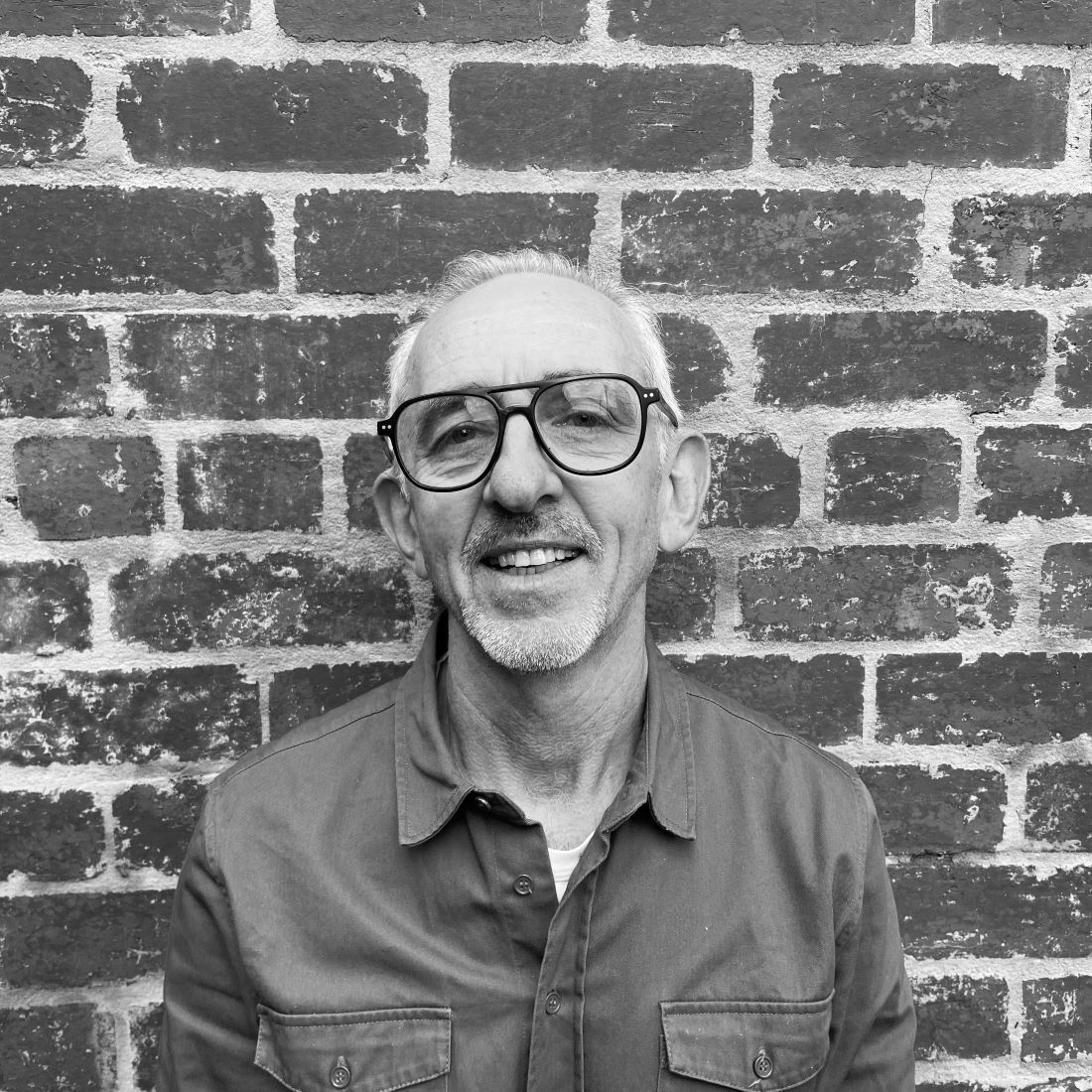31st October 2018
The Rise of the Flexible Workplace
Who came up with idea that 5 days a week, and 40+ hours is the way ‘work’ should work? A lot of us grew up in the world where this was the norm. You ‘turned-up’ for work in a physical sense, and had to be seen to be working. The term flexibility in relation to the way we worked wasn’t a buzzword then. In many ways, the quality of your work was as much about presence as it was about quality or quantity.
The times they are a-changin’
In case you haven’t noticed, things are beginning to change in a big way. Just spend some time working with millennials in any business that’s integrated into the networked economy. You’ll see that the way ‘work’ is defined is undergoing a massive shift. Recently, two-hundred-and-forty staff at New Zealand company Perpetual Guardian underwent a trial. For two months, the participants were working four, eight-hour days, but getting paid for five. It was concluded to be an unmitigated success, with 78% of employees feeling they were able to better manage their work-life balance. But don’t just take their word for it. Academics studied the trial before, during and after its implementation, collecting qualitative and quantitative data to support this claim. It’s now been implemented as a permanent option for full time employees.
The idea of a workplace – a defined physical space where work occurs, is changing quickly. Not only in how it’s organised into defined zones (flexible work areas, hang-outs, meeting spaces), but in its purpose. Why do we think people have to be in a particular defined place for work to occur? Sure, it makes sense if you have a production line. Or centralised assets that produce outputs. Or a destination place, like a retail store. But in most cases for knowledge workers, the real assets and intellectual property resides in people, their relationships and accessibility to the cloud.
Perpetual Guardian claim that productivity had increased by 20 per cent during the trial, and staff were more engaged and enthusiastic. While not necessarily advocating for a four day week, the end goal here is engaged and enthusiastic staff. We know that happy staff equates to a higher quality output. Giving people the ability to work flexibly gives them more options. More options = increased happiness. It’s not rocket science.
The way we do it at GTG
In our business we have offices in the established parts of Sydney, Melbourne and Auckland. But more and more they serve as a marker of our existence. A place where our clients can meet with us or at times, just drop in and work. Or a place for our staff to meet, innovate and get aligned. The actual work we do could take place anywhere (and often does). It could be on a plane (as I write this), at home in the sun in my boardies, or at a client’s site.
We don’t need to look at each other to check up that we’re doing work. With view-able calendars and Dropbox, I can be anywhere and see who’s doing what with whom, and who’s creating and accessing work. It doesn’t really matter if that’s being done in our office in Queen St Auckland, or listening to a Queen song in a bar in Tokyo. Naturally, I still get a buzz from walking out in Martin Place Sydney. Feeling the vibe and seeing the pace in peoples’ strides. There’s an energy and purpose that defines enterprise here – but I don’t need it everyday!
Shifting mindsets
So, what is it about the 5 days and 40+ hours that defines a career and productive output? It used to be seven days until religion influenced a day off for the Sabbath. It then went to six and a half, and then six to allow more respite from what was often physical labour, and to provide more family time.
I recognise that the rise of the casual workforce can produce inadequate earnings for some, but somewhere there is a notion to be embraced in the concept of a professional career. Why can’t someone build a successful career, make a great contribution and be an awesome leader 3 or 4 days a week, in 30 hours? Why are we still (mostly) making women choose between motherhood and career as absolute choices? Surely we have to be more creative and change some of the mindsets we’ve created about work.
I’m suggesting we should challenge many of the out-dated notions of work today. Particularly in larger organisations that might think staff have to be ‘captive’ in a workplace and overseen 5 days a week for work to be real. Tech companies like Google and Apple have known this for a while (maybe developers can cut the best code at 11pm on a lounge someplace listening to Machine Head). It’s no coincidence that the organisations listed in the 2018 50 Best Places to Work often mention flexible work environments as features of their workplace.
The war for talent is still on, and I can see organisations starting to embrace workplace flexibility in this area as a competitive employment proposition. I think we’re on the verge of a revolution in how we define work, and how and where it gets done.
Thoughts?
So what do you think? Do we need to push this harder and accelerate the pace of change in workplaces? I’d love to hear your views, and what you’re doing that redefines the traditional notions of work.
Categories: General Uncategorised



